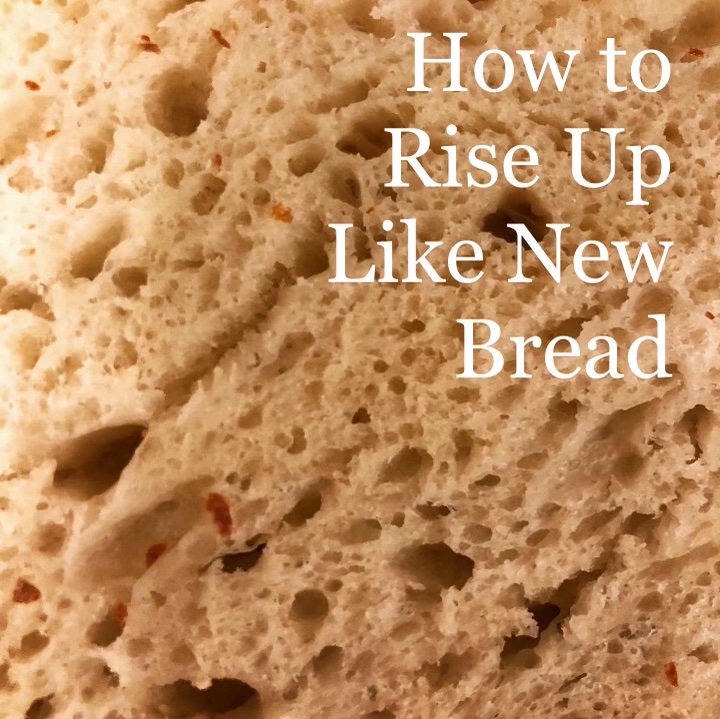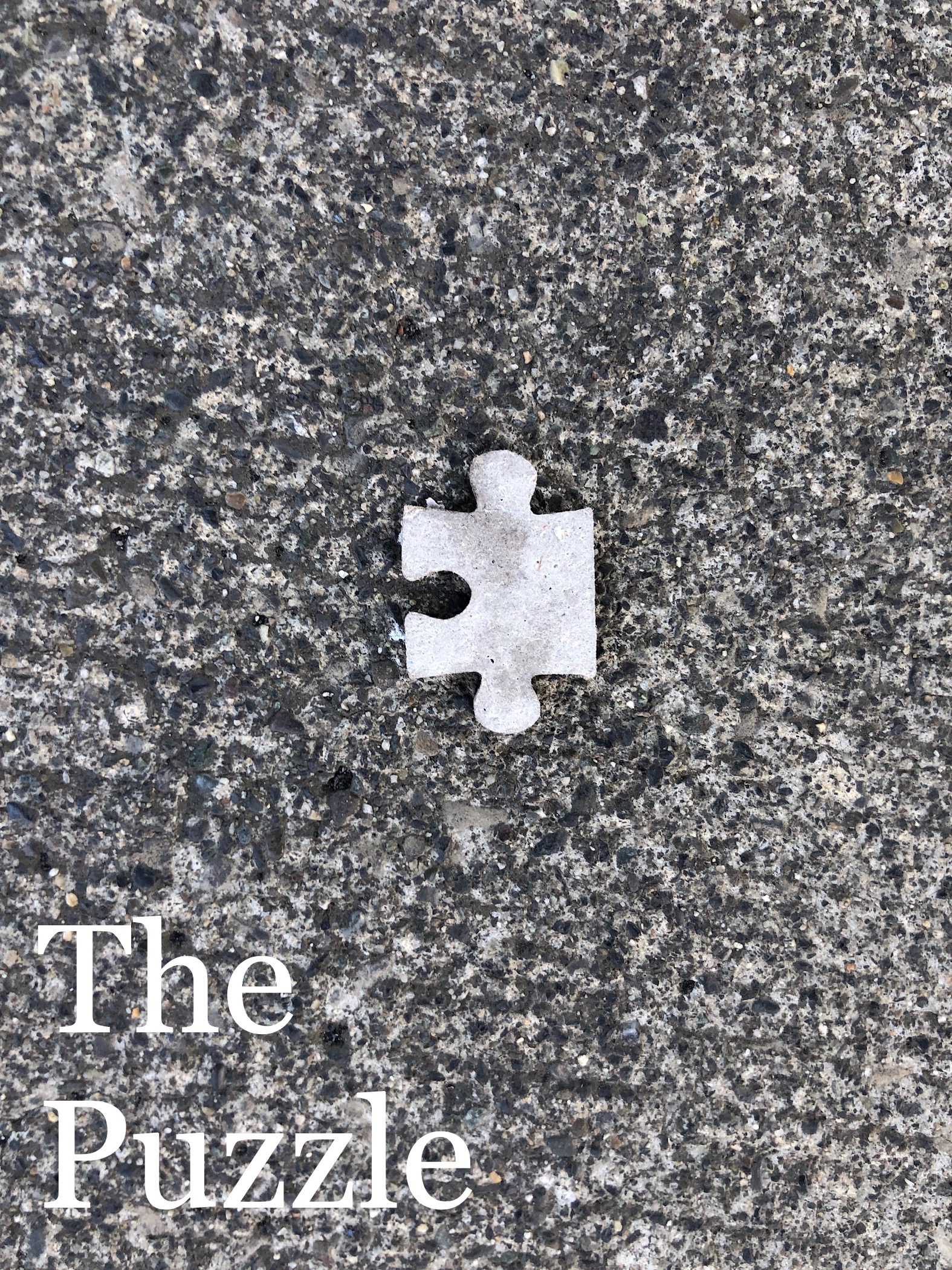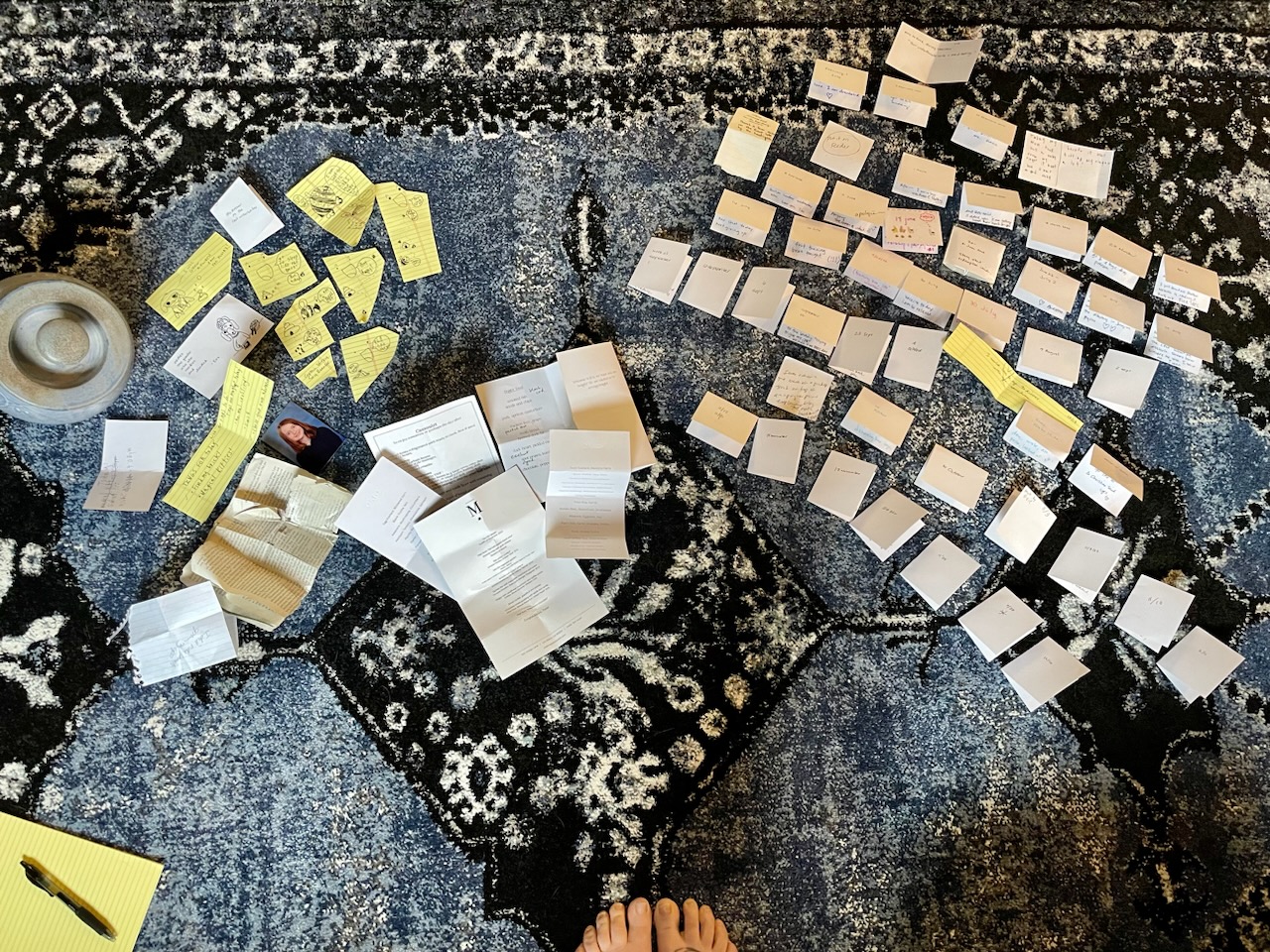“Sometimes when you … smell the honest exciting smell of real bread baking, you remember a part of your childhood, and feel a child’s helplessness before the fact of a whole nation’s cautious acceptance of its own simplicity.” —M.F.K. Fisher
My neighbor, a kite-maker, sewed my first mask. Sturdy black cotton printed with a pattern of white dogwood blossoms; narrow black satin ribbons for ties. The pandemic arrived just before spring, and so there were flowers. We saw photos of Bergamo, where it was worst: vases and bouquets on freshly dug graves; the rows of coffins. At home in Portland where we, too, had shut ourselves in, the dogwood trees bloomed pink and white outside, in the distance.
Wearing my mask, I heaved up the sash of the big window in my living room, and crouched to climb out on the fire escape holding a warm loaf of bread. On the sidewalk, three stories below, my best friend appeared, also wearing a mask over his nose and mouth.
I shouted down, “Ready?”
He yelled back, “Yes!”
I leaned over the railing and lined up my target and dropped the loaf of bread. It landed with a pleasant thump in his outstretched arms. I laughed with glee.
“I love you!” I yelled.
“I love you too!” He yelled.
Back inside, the sweaty, vinegary aroma of baking bread had thickened the air to a warm butteriness.
Flour, even then, was difficult to acquire. A friend made a deal with his neighbor, who worked for the mill, and I came to possess a hundred and fifty pounds of organic bread flour. Three fifty-pound bags, which I stacked atop each other beneath the kitchen table; a revetment. Feeding my sourdough starter to keep it alive yielded enough excess to make two loaves every week, which every week for years I had given away. Now and then someone would tell me, you know, you can let your starter go dormant. I could not.
The stained-glass windows of the kite-maker’s front door depicted dogwood branches. For his seventieth birthday, I staled and cubed a loaf of my sourdough, baked it into a pan of whiskey-caramel bread pudding, and left it on his doorstep.
In the weeks before Thanksgiving that first year, the case numbers tripled, and tripled again. The governor issued an emergency order prohibiting gatherings of more than six. On the phone, a friend and I whispered about cooking a feast for the holiday at her house in the country. We would quarantine until then. Dinner for four, maybe five.
She said, “Is it wrong that I still want to make the turkey and the dressing and ten different dishes?”
“Definitely not,” I said, and snorted. “It’s the point. Hanging out in the kitchen and cooking together is the reason it’s our favorite holiday.”
“True. It’s not wasteful, is it? It just feels…” she trailed off, and then said, “Listen, though: Leek soldiers braised in parmesan broth with bread crumbs.”
“Ohh,” I said. “Yes, and I’ll make cranberries. With raspberries and walnuts and mandarins, and either Grand Marnier or port.”
“Yes,” she moaned. “I want to do a beet and horseradish cured salmon, too.”
“Gravlax? Yes.” I moaned back, “We can pack up and give away the leftovers. Or I’ll just stay until we’ve eaten everything ourselves.”
She agreed; we made a plan.
“Bring bread,” she said.
The morning after Thanksgiving, I woke in her guest room to the sound of laughter: she and her partner in bed together upstairs. I had never in my life heard a more delicious sound.
The following spring, a full year into the pandemic, after another week of self-quarantine, a different friend and I agreed to meet. I took two loaves of my bread to his house: a boule of sourdough and a pan of focaccia, crisp and glinting with Spanish olive oil. We made five kinds of bruschetti. First, oil-packed tuna and his homemade tomato confit on the focaccia, with fennel he had pickled. While he sautéed lardons of bacon behind me, I set out a cutting board and chopped fennel fronds and scattered them over the tuna and tomato. Next, he made fresh pea purée with mint, which we spread thickly on slices of sourdough and mounded with silky ribbons of prosciutto. Third, white-bean spread, bacon, and Mama Lil’s peppers. For dessert, two sweet bruschetti: one with fresh ricotta and savory fig-balsamic jam, pistachios, and orange zest; and on the other: more ricotta, pears pickled in a spicy brine, a chiffonade of mint, and honey. We assembled everything on a giant board and set it on the table. We wiped our hands on the towels tucked in our waistbands. It was very quiet. There should have been guests, laughter, the clinking of glasses. We sat together and ate.
I had all of my groceries delivered, no-contact, for the first two years of the pandemic. In season, I strolled the open-air Farmers’ Market, breathing in the early-morning fragrances of basil, Hood strawberries, spring onion. I had always loved grocery shopping; now it posed an unnecessary risk. I waited until late at night if I had to go into a store; there were fewer people. One night, I bought tinned smoked oysters and Ritz crackers; a snack my father and I had shared when I was young. I ate them alone at my kitchen table. I thought of the Greek roots of the word nostalgia: “nostos,” to return home, and “algos,” pain. The rationing of proximity; creating sustenance from memory to feed the keen hunger left by the shortage of each other.
I wrote; I published online. The pale, sterile world of social media fed me with rare, golden moments of connection. A woman replied to one of my stories:
“I’m the 9th of 10 children and my birthday is Halloween. My mom would make us our favorite dinner for our birthday, but mine was always the following week since she was busy sewing us into costumes and passing out candy. Every year she made the same quick dinner on Halloween— baked beans and hot dogs. She’s gone now and I can’t remember what I ever requested when I was young. I rarely have it, but baked beans and hot dogs on the stove are among my favorite things.”
Some months later, late at night, my phone pinged: a text from the friend with whom I had cooked Thanksgiving the previous year. She had driven up from the country; her partner was craving a particular fast-food hamburger and she had offered to pick it up. Was I home?
Yes.
I ran down the front steps under the wan light cast by the bulb over the door, out to the sidewalk and into the rain, forgetting to bring bread for her but it didn’t matter; I had been too long inside. The asphalt glittered black and wet. She had parked on the other side of the street, and I ran to meet her in the middle of the avenue between lanes of traffic; we caught each other in embrace. It was hard not to hug too hard; it was a lost thing not to hug too hard. We turned in circles and held each other while keeping an eye out for cars; hugging in the dark in the middle of a city in the middle of a pandemic in the middle of a fast-food run. When we stopped, we leaned back a little, enough to kiss each other; hands moving to cup each other’s faces, as though holding bowls of broth to our lips.
Damn it. She tested positive the next day.
Author: `aqaq`
Tasia Bernie is an essayist, and editor of FeederPDX.com. She enjoys used bookstores, offal, and hard laughter. She is a very good eater. She lives with her daughter and two orange cats in Portland, Oregon.




